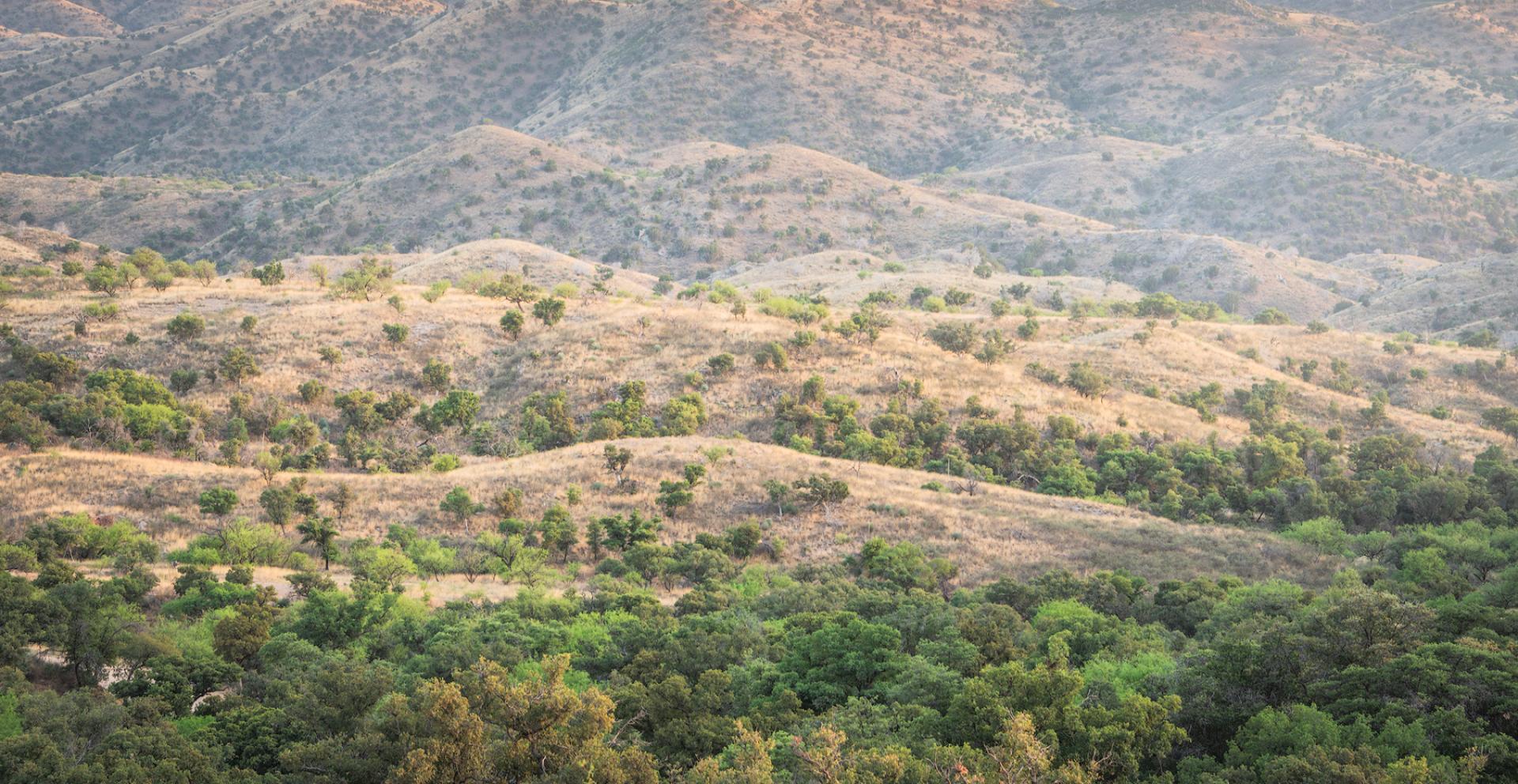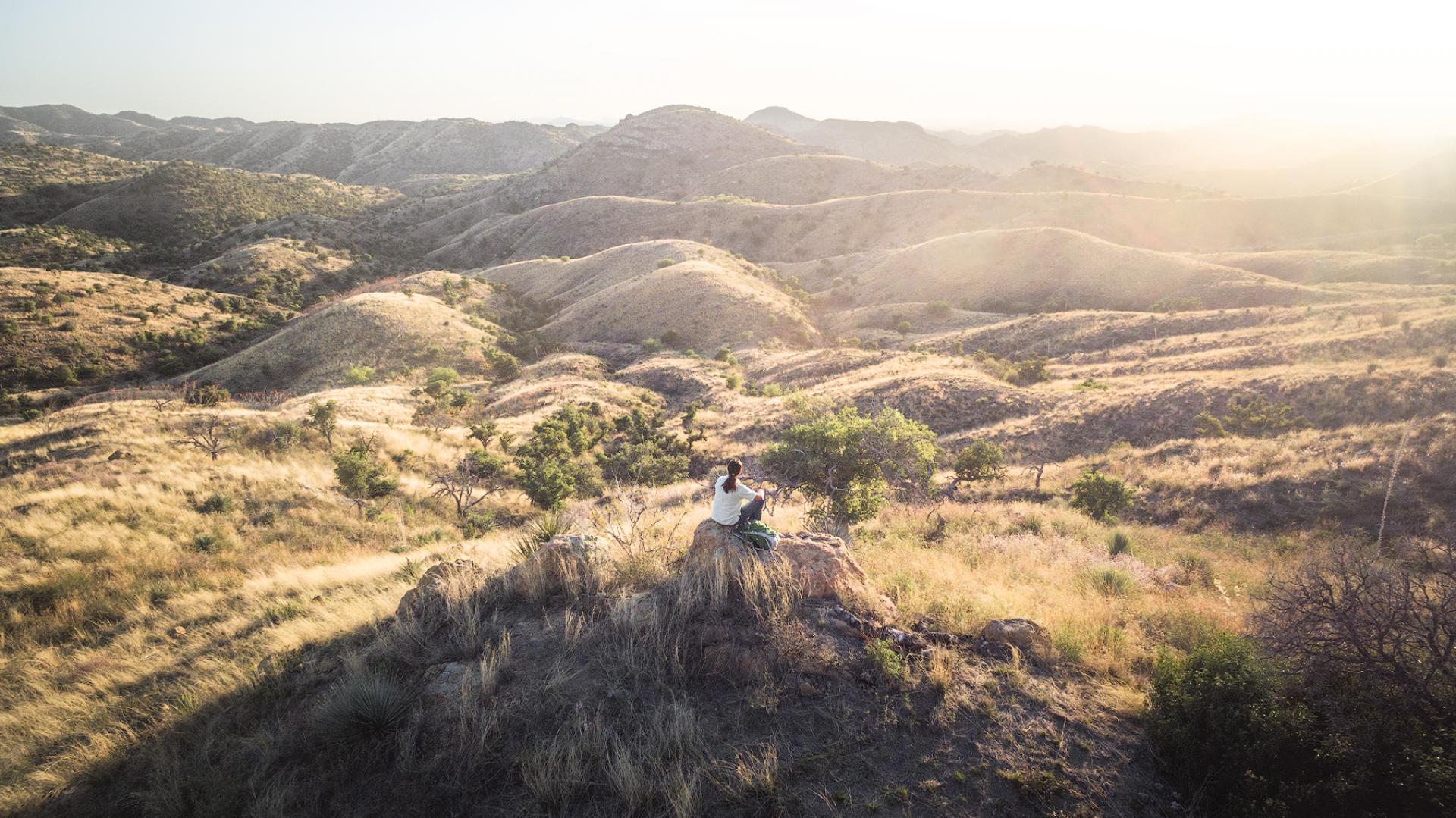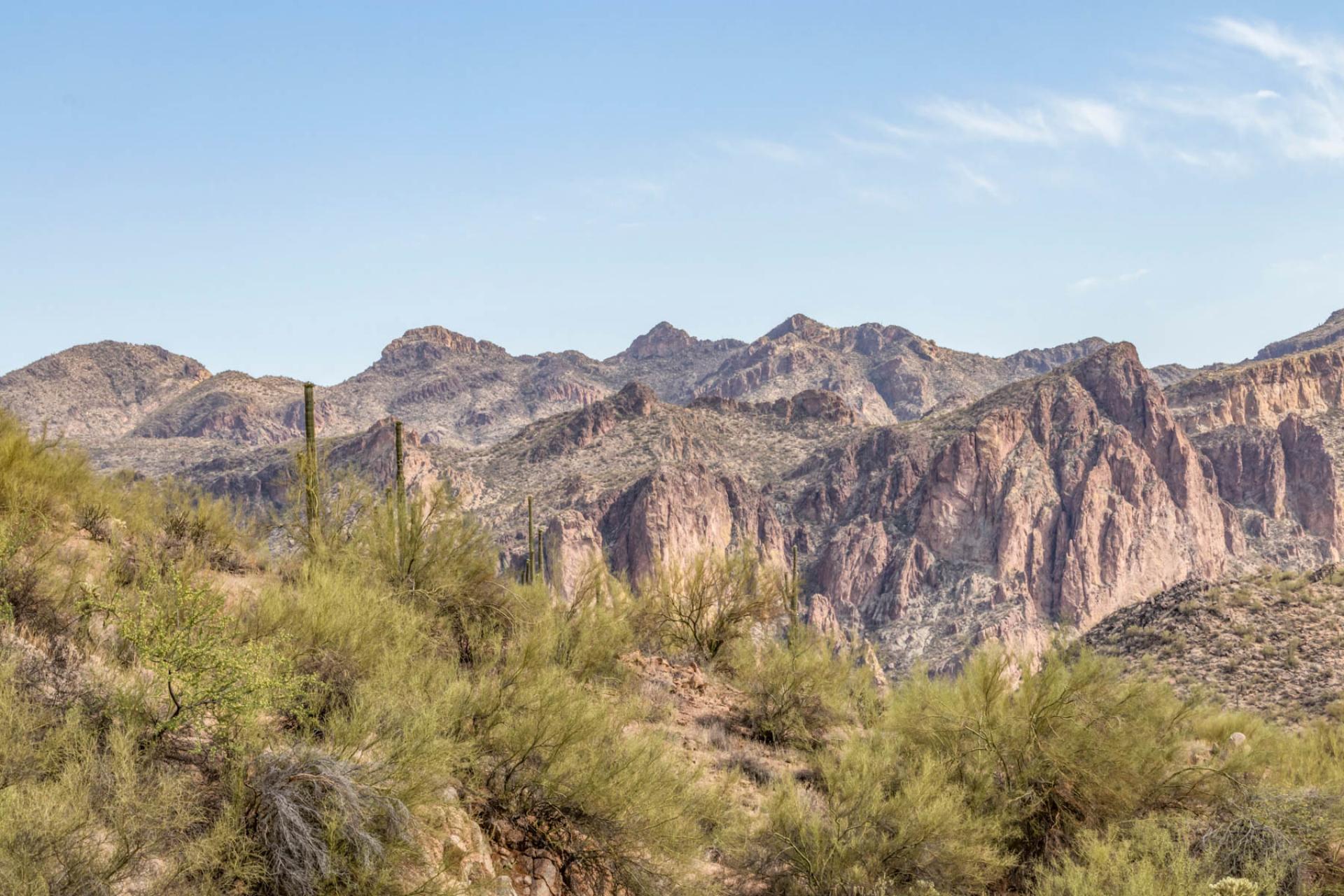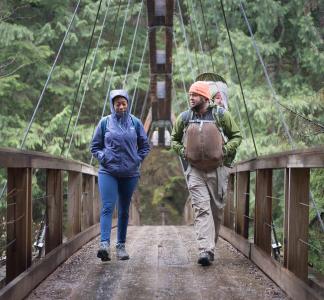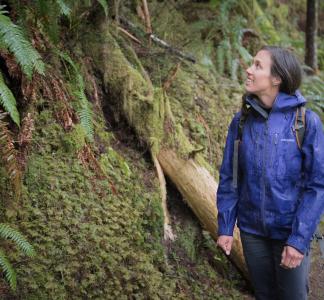Mason Cummings, TWS
Protecting forests near Arizona’s urban areas
Just northeast of Phoenix, you’ll find one of the nation’s most visited national forests. The Tonto National Forest hosts 5.8 million visitors every year, many seeking beauty and an escape from the heat of Phoenix. The Tonto spans 3 million acres of wildlands, from deserts featuring the distinctive Saguaro cactus to mountains covered with pine trees.
Further south, the Coronado National Forest, near Tucson, also has a wide elevation range, from 3,000 to 10,720 feet, and includes 12 mountain ranges and eight wilderness areas.
The health of both of these national forests is at risk from development, mining and climate change. Additionally, the proximity of the Tonto and Coronado national forests to urban populations creates a high demand for recreation in these wild places. We're engaged in the Forest Service’s land planning process for both forests. We are advocating for a fair balance between recreational access and protection of natural and cultural resources.
The Tonto and Coronado National Forests span millions of acres of wildlands, allowing many diverse ecosystems and species to thrive.
The threat
The U.S. Forest Service is updating land management plans for both the Tonto and Coronado national forests. Crucial decisions are being made about the protection of natural resources, including, water, wildlife and native plants.
Competing interests are attempting to influence the forest management plans, including advocates for mining, logging and other development. We're working to ensure that these Arizona wildlands will be protected from industrial development. We are urging the U.S. Forest Service to prioritize conservation while providing access for responsible recreation.
What we're doing
-
Working on new forest plans
We are helping the Forest Service work toward plans for the Tonto and Coronado national forests that prioritize conservation.
-
Advocating for a new transportation plan
We're also pushing the Forest Service to develop a transportation management plan for the Tonto National Forest that ensures ecological and cultural resources are protected.
-
Working with partners
We're working with conservation partners to encourage support for pro-conservation planning decisions, and to ensure proper implementation of management plans on the ground.

